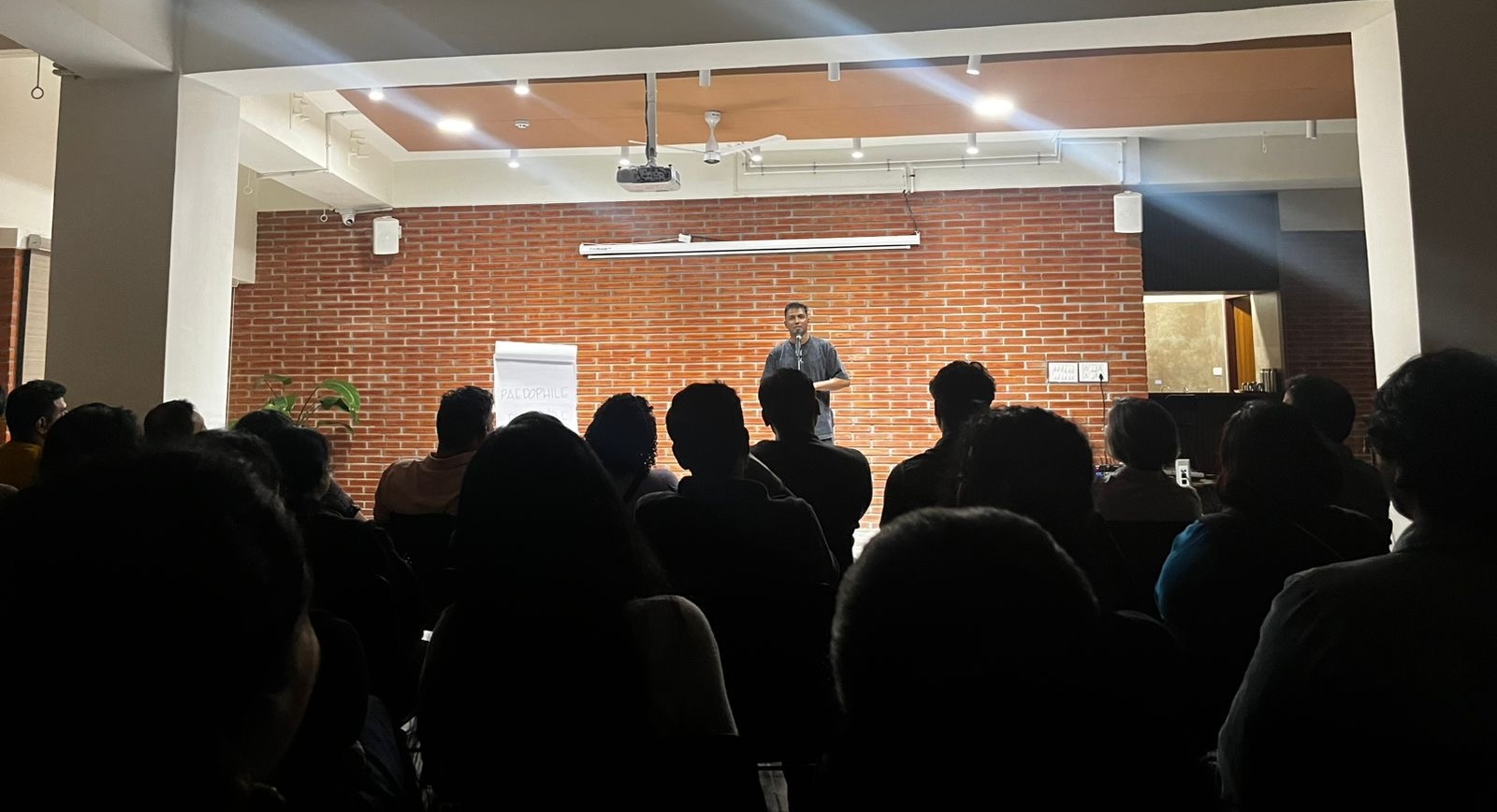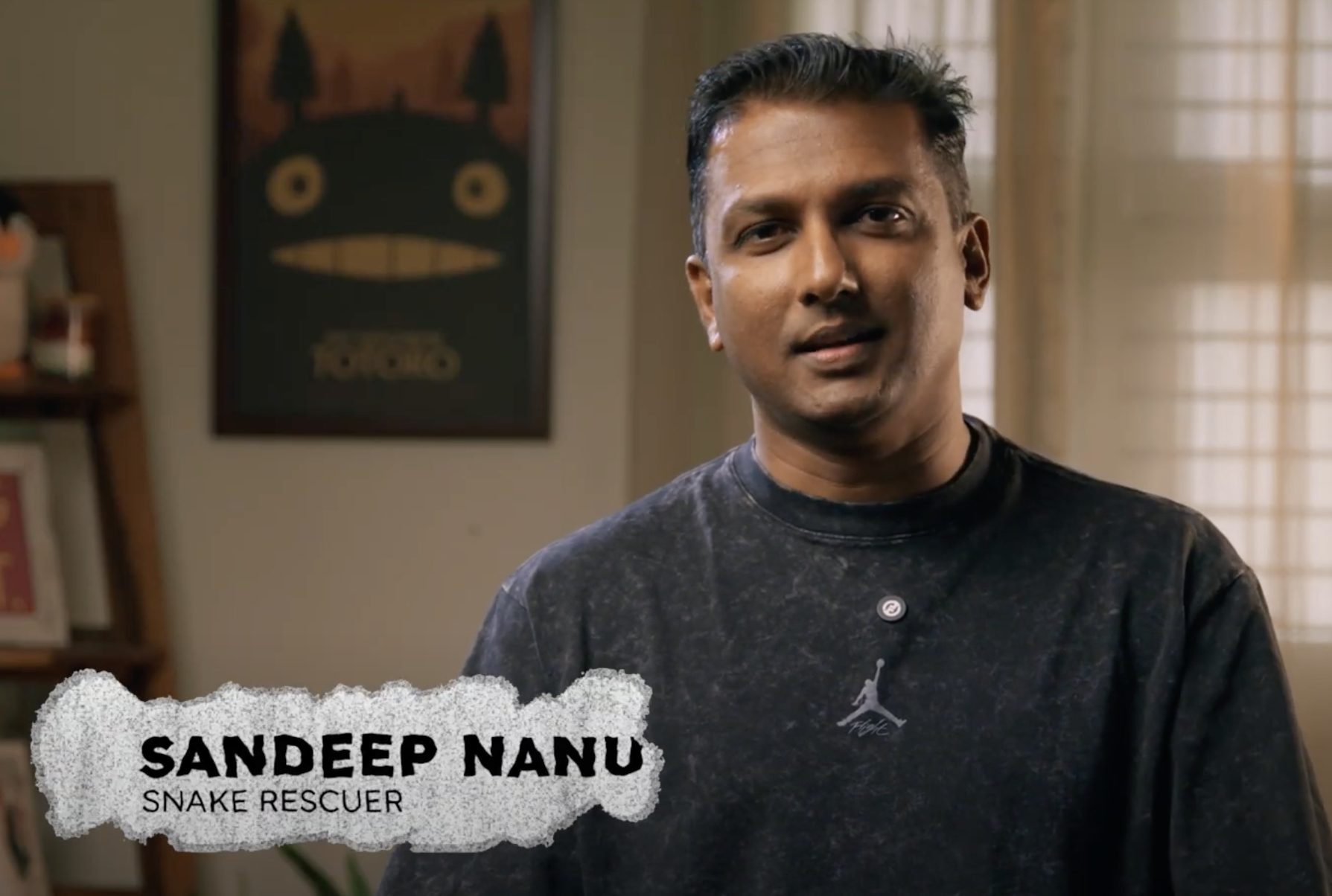What stand-up comedy teaches about failure and why everyone in the corporate world should bomb at least once.
There’s a special kind of silence that only stand-up comics know.
It’s not the silence of contemplation. It’s not even the polite pause before applause. It’s the deafening, soul-stripping vacuum that follows a joke you were sure would kill — but instead limps out of your mouth, trips over the mic cord, and dies a slow, awkward death under the stage lights.
Welcome to The Bomb.
I’ve been there. Eyes scanning the crowd for any sign of life. Someone? Anyone? A giggle? A cough? A mercy chuckle? Nothing. Just the sound of your own heartbeat syncing with your inner monologue: “Abort mission. Never doing this again. Maybe I’ll fake a faint.”
But here’s the twist: that very moment — the brutal, raw, ego-shredding bomb — is also where real growth begins. Especially if you’re someone who spends your life in meeting rooms instead of green rooms.
Why More People Should Bomb (At Least Once)
In the sanitized, feedback-fearing world of corporate life, we’re conditioned to avoid failure at all costs. Everything must be bulletproof before launch — the deck, the idea, the persona. No space for a misstep, no room for a joke that doesn’t land.
And yet, the comic who bombs and returns the next day to the same mic, same crowd, with new jokes and a tighter set? That’s the person who understands the anatomy of risk better than most boardroom veterans.
Because failure in stand-up is immediate. Visceral. There’s no performance review six months later — the audience is the performance review, and they give it in real-time, with brutal honesty and zero corporate jargon. No “let’s circle back”. No “stakeholder alignment.” No “low-hanging fruit to pivot toward.” No “we’ll take this offline.” No “thanks for bringing that up” before politely ignoring you.
The Corporate Comfort Zone Is a Trap
Too many people in the professional world are operating from behind the safety net of “what has worked before.” The same sales pitch. The same quarterly pep talk. The same LinkedIn thought-leadership post ending with “What do you think?”
Stand-up is the antithesis of that. It demands that you put your real self on the line — not just your PowerPoint version. You can’t outsource vulnerability or delegate authenticity. You either show up fully, or you flop. And ironically, it’s in the flopping that you often discover something essential: your voice.
Lessons from the Flop:
- Immediate Feedback is a Gift
In comedy, you know exactly what worked and what didn’t — instantly. No layers of polite email feedback or masked disapproval. It sharpens your instincts, and makes you rethink how you communicate. (A skill every manager needs.) - Resilience Beats Reputation
The best comics bomb. Repeatedly. The difference? They get back up. In corporate life, people obsess over not losing face. In comedy, you learn how to lose face gracefully — and realize it’s not the end of the world. - Humour Is High-Risk, High-Reward
Try telling a joke at a town hall. Risky, right? Exactly. But if it lands, it makes you memorable. Relatable. Human. Comedy trains you to embrace that risk — and calibrate your delivery until it sticks. - Perfection Is a Myth
There is no such thing as a perfect set. Likewise, there’s no perfect product launch, keynote, or campaign. Stand-up teaches you to iterate in public — to get comfortable with the messy, glorious process of refining in real-time. - You’re Not the Audience
What you find hilarious may fall flat with the crowd. Similarly, what you think your audience (or client or team) wants may be totally off the mark. Stand-up teaches you to listen with your ego turned off.
Try It. Seriously.
If you’re a manager, leader, entrepreneur — heck, even a performance appraisal survivor — try writing a 5-minute comedy set. Get on stage at an open mic. Let your guard down. Say something real. Watch it fly or crash.
You’ll come back with humility, sharper communication skills, and a much healthier relationship with failure. And, you’ll probably stop overthinking your next investor pitch or internal memo.
Because once you’ve bombed in front of 50 strangers with a joke about your childhood dentist that didn’t land, asking for a raise or leading a Zoom call with a frozen screen isn’t that scary anymore.
So go ahead. Flop once. Laugh twice. Learn forever.
Want to test your risk tolerance? Skip the MBA case study. Try an open mic night. Or, if that’s too extreme, start with being brutally honest in your next presentation. Add a joke. Share a story. See what lands.




